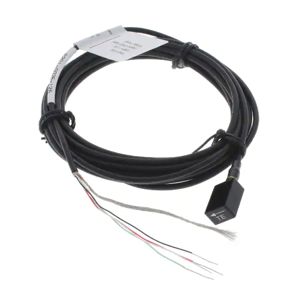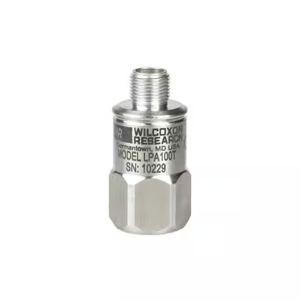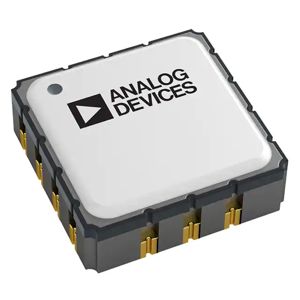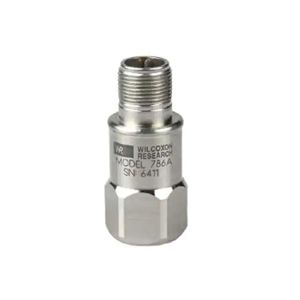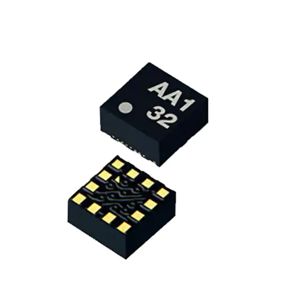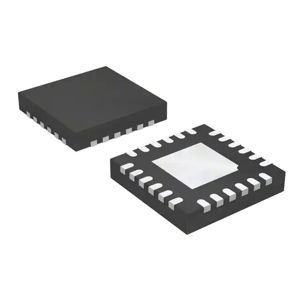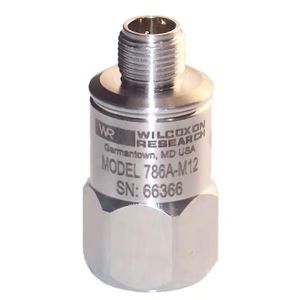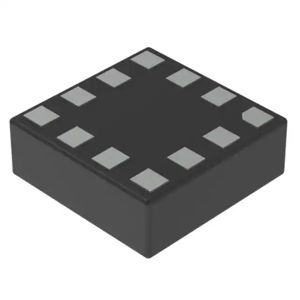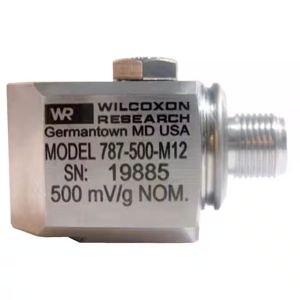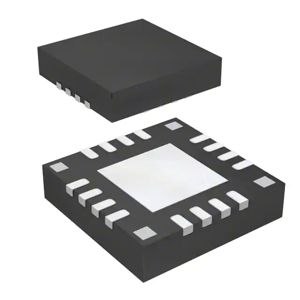
Motion Sensors - Accelerometers
Motion Sensors - Accelerometers: Precision in Motion Detection
Definition:
Motion Sensors - Accelerometers are specialized devices designed to measure acceleration forces, including static (gravity) and dynamic (movement or vibration) forces. These sensors are essential for detecting and analyzing motion in various applications, from consumer electronics to industrial systems. By converting mechanical motion into an electrical signal, accelerometers provide critical data for orientation, tilt, shock, and vibration detection.
Types of Motion Sensors - Accelerometers:
1. MEMS (Micro-Electro-Mechanical Systems) Accelerometers: Compact, low-power sensors widely used in smartphones, wearables, and IoT devices for motion tracking and gesture recognition.
2. Piezoelectric Accelerometers: Ideal for high-frequency vibration monitoring in industrial machinery, automotive testing, and aerospace applications.
3. Capacitive Accelerometers: Known for high accuracy and stability, commonly used in navigation systems, robotics, and medical devices.
4. Piezoresistive Accelerometers: Robust sensors capable of measuring high-impact forces, often applied in automotive crash testing and structural health monitoring.
Buying Recommendations:
When selecting an accelerometer, consider the following factors:
- Measurement Range: Choose a sensor that matches the expected acceleration levels (e.g., 2g for consumer devices vs. 500g for industrial impacts).
- Bandwidth: Ensure the sensor s frequency response aligns with your application (e.g., low-frequency for tilt sensing vs. high-frequency for vibration analysis).
- Output Type: Analog, digital (I2C/SPI), or wireless outputs should suit your system s integration requirements.
- Environmental Durability: For harsh environments, opt for models with robust enclosures and resistance to temperature, humidity, or shock.
Motion Sensors - Accelerometers are pivotal in enabling smart, responsive systems. Whether for innovation in consumer tech or precision in industrial automation, selecting the right accelerometer ensures optimal performance and reliability.
Filter and sort
Categories
8201-0025-125
ACCELEROMETER 25G
LPA100T
LOW PWR LOW VOLT SENSOR
ADXL356TEZ-EP
ACCEL 10-40G ANALOG 14CLCC
540B
EMBEDDED PIEZOELECTRIC ACCELEROM
ADXL356CEZ-RL
ACCEL 10-40G ANALOG 14CLCC
ADXL316WBCSZ-RL
ACCELEROMETEREROMETER 16G ANALOG
SCA2100-D02-10
ACCELEROMETER 2G SPI 12SMD
MMA6527KCWR2
ACCELEROMETER 120G SPI 16QFN
HV201
ACCEL IEPE SENSOR
MMA1250EGR2
ANALOG CIRCUIT, CMOS, PDSO16
LIS2DHTR
ACCEL 2-16G I2C/SPI 14LGA
AD22293Z
ACCELEROMETER 5G ANALOG 8CLCC
ADXL355BEZ
ACCEL 2-8G I2C/SPI 14CLCC
731A
ACCEL SENSOR
786A-IS
ACCEL IEPE SENSOR 100MV/G 5%
KX132-1211
105C OPERATING TRI-AXIS ACCELERO
IIS328DQTR
ACCELEROMETER 2-8G I2C/SPI 24QFN
786A-M12-D2
ACCEL IEPE SENSOR
AIS2DW12TR
MEMS DIGITAL OUTPUT MOTION SENSO
787-500-M12
ACCEL IEPE SENSOR

